New York’s real estate market is fast-paced and demanding. With countless listings, client meetings, and transactions, it’s no surprise that bookkeeping often gets overlooked. However, tracking finances is vital for the success of any real estate professional. Bookkeeping for real estate involves more than just recording income and expenses; it’s about understanding your business’s finances to make better decisions, stay organized, and stay compliant with tax laws.
This guide breaks down what is bookkeeping in real estate, why it is particularly important in New York City, and offers best practices to simplify your financial tracking. Whether you’re a solo agent or part of a real estate team, these tips will help you manage your finances effectively, make better decisions, and maintain a clear understanding of your business’s performance.
What is Bookkeeping in Real Estate?
Bookkeeping for real estate agents involves recording, tracking, and managing all money coming in and going out from property deals, rental income, and commission payments. Unlike other industries, real estate bookkeeping has unique needs, such as:
- Commissions and Fees: You need to track the money earned from commissions and client fees separately.
- Property Costs: This includes property taxes, insurance, maintenance, and utility costs for each listing.
- Client Deposits and Escrows: Handle client funds carefully and in line with trust account rules.
- Marketing Costs: Advertising and promotion can be a big part of real estate expenses, so it’s crucial to track these for tax deductions.
Bookkeeping might seem complex, but it’s essential for understanding cash flow, planning, and staying compliant with tax rules. Using professional help from real estate Bookkeeping Services in New York can also simplify the process, especially if you don’t have much time to handle it yourself.
Why Real Estate Professionals in NYC Need Bookkeeping Practices
New York’s real estate market is one of the busiest in the world, with high property values, complex transactions, and strict rules. Here’s why good bookkeeping is essential for NYC real estate professionals.
Managing High Transaction Volumes
The NYC real estate market is active year-round, with a constant influx of buying, selling, and leasing. Bookkeeping for real estate agents and brokers plays a crucial role in organizing these transactions. By keeping meticulous records, professionals can assess their financial health, ensuring they have a clear understanding of where their money is going at any given time.
Navigating Complex Tax Regulations
People who work in real estate in New York City have to keep track of different taxes at the local, state, and federal levels. They need to stay on top of their income and expenses to avoid any penalties for mistakes. Hiring an outsourced bookkeeping service can make things easier by helping them manage these details and stay organized.
Cash Flow Management
With large sums moving in and out for deposits, commissions, and fees, it’s crucial to have a clear picture of cash flow. Effective bookkeeping helps agents manage their liquidity, avoiding financial strain during slow seasons.
Improving Business Insights
For real estate professionals, data-driven decisions are essential. By maintaining well-kept financial records through bookkeeping for real estate brokers, agents and firms can analyze spending habits, identify opportunities for cost savings, and project future profits. This financial insight can provide a competitive edge in a bustling market.
Best Bookkeeping Practices for Real Estate Professionals in New York
Whether you’re just starting or refining your process, these real estate bookkeeping practices can make a big difference in the efficiency of your real estate business.
1. Use Real Estate-Specific Accounting Software
Using real estate-specific accounting software such as QuickBooks for Real Estate, Xero, or Realtyzam can make tracking expenses, managing transactions, and preparing financial reports much easier. These tools provide property-specific features that enhance commission tracking, tax preparation, and cash flow management.
2. Separate Business and Personal Finances
Having a separate business bank account is important for keeping your financial records organized. Many real estate professionals often mix their personal and business spending, but keeping them apart can make tax time simpler and give you a better understanding of how your business is doing financially.
3. Track All Expenses and Commissions in Real-Time
It’s important to keep track of your finances, especially when your income can change and you have expenses like fees and advertising. Make it a habit to record every financial transaction right away, such as money you receive from clients and costs for promotion. Keeping tabs on your money in real time helps you avoid stress at the end of the year and gives you a clearer picture of your financial situation.
4. Keep Detailed Records of Property Transactions
When you buy or sell a property, it’s important to keep thorough records of everything involved in the process. This means keeping track of the costs to buy the property, any upkeep or repairs, insurance payments, property taxes, and the fees paid when the sale is completed. Organizing this information is essential, especially when it comes time to file your taxes and follow any legal requirements.
5. Reconcile Accounts Monthly
It’s a good idea to check your bank accounts at least once a month to make sure that all your transactions match what’s on your bank statement. This regular check-up can help you spot mistakes, any charges you didn’t make, or differences in the amounts. By keeping an eye on your accounts like this, you’ll make it easier to manage your finances and prepare for year-end paperwork.
6. Leverage Tax Deductions Effectively
People working in real estate in New York City have some special ways to save on taxes. They can deduct costs like driving their cars for business, home office expenses, advertising, and travel for visiting properties. Keeping good financial records helps them keep track of these expenses, which can reduce the amount they owe in taxes.
7. Keep an Eye on Cash Flow
Managing money is important in real estate since the income can be unpredictable. To stay on top of your finances, it helps to plan out your cash flow by looking at upcoming sales, commission payments, and regular expenses. This way, you can be ready for any slow months ahead. Using simple tools that work with your accounting software can make tracking your cash flow much easier.
8. Automate Your Processes
Finding ways to simplify your bookkeeping for real estate can help save time and minimize mistakes. For example, automating tasks like sorting your expenses, creating invoices, and getting reminders for tax filing can make the process smoother. Many accounting tools offer features that can help with this, so it’s worth looking into those options to make those repetitive tasks easier.
9. Work with a Professional Bookkeeper
Bringing in a professional bookkeeper or partnering with a New york Based Tax & Accounting firm can be a big help. These experts offer valuable knowledge, help avoid errors, and make sure that all financial records are correct and meet tax requirements.
Common Bookkeeping Mistakes Real Estate Professionals Should Avoid
Even with solid practices, some common pitfalls can trip up NYC real estate professionals. Here are the most critical mistakes to watch out for:
Ignoring Cash Flow Fluctuations
Because income is often irregular, failing to monitor cash flow can lead to periods of financial strain. Make it a priority to plan for months with lower income.
Missing Deduction Opportunities
Real estate professionals have numerous deductions available. Failing to track deductible expenses, like marketing costs or travel expenses, or missing out on specific deductions can result in higher taxes. Many professionals rely on accountants and bookkeepers familiar with real estate to ensure every deduction is captured.
Failing to Keep Backups of Important Documents
Lost or misfiled documentation can become a significant issue during tax season or audits. Always keep digital backups of receipts, contracts, and any documents related to your real estate transactions.
Not Reconciling Accounts Regularly
Skipping monthly reconciliations can lead to errors that snowball over time, making it challenging to correct issues later. Consistent reconciliations provide a clear picture of your finances and reduce stress at year-end.
Conclusion
For real estate professionals in New York, strong bookkeeping practices are essential for navigating the demands of a competitive market. By maintaining accurate records, using real estate-specific software, managing cash flow effectively, and staying compliant with local regulations, you set yourself up for financial success and ensure that your business thrives.
Whether you handle your real estate bookkeeping yourself or hire a bookkeeper, adopting these best practices will give you more control over your finances, reduce stress, and allow you to focus on growing your real estate business in a city that never sleeps. Remember, in NYC’s dynamic real estate industry, staying organized financially is not just smart; it’s essential for long-term success.








